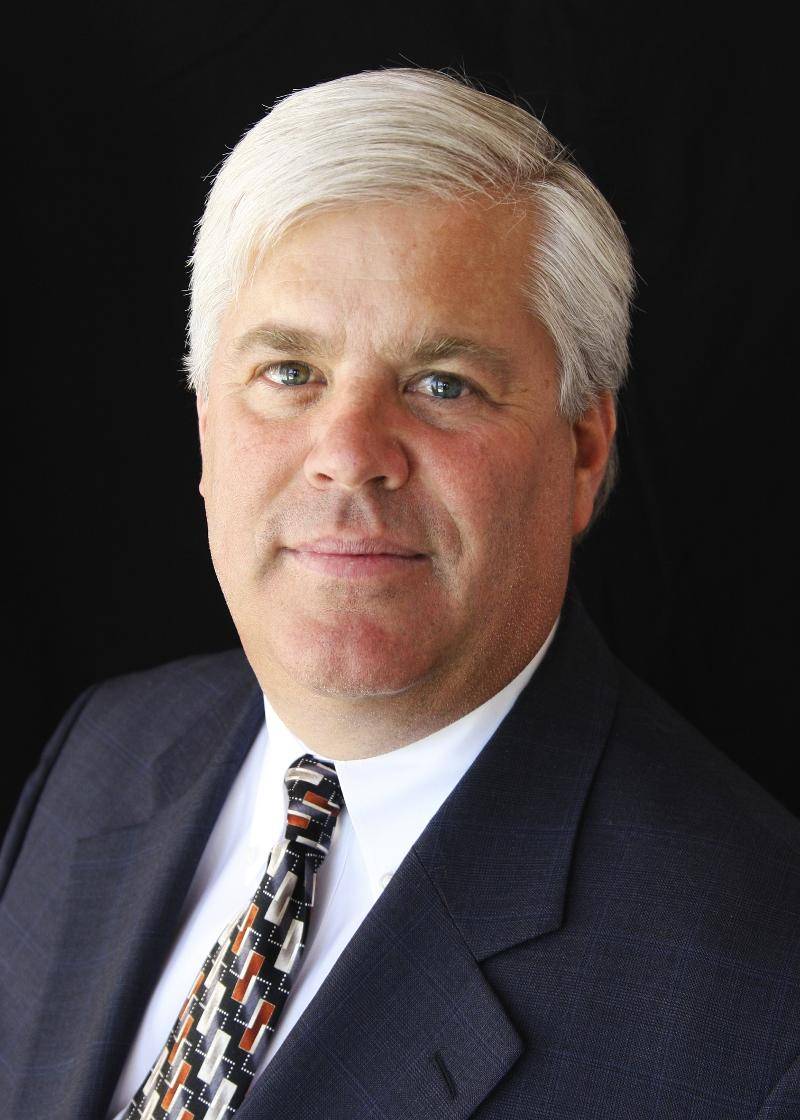
Over the last few years the concept of Asset Protection has greatly expanded to include not just the traditional threats like litigation exposure, but effective risk management on all fronts, including cash flow and other solvency related issues magnified by the economy. We’ve covered many of these issues here including those related to real estate, (see the index in the “articles” section of this website to read more).
The article below has seven simple and actionable tips to help preserve your business cash flow, today is always the right day to start. – Ike Devji
By Mark Johnson
In our current economy, the lack of cash flow has become all too common with small business owners. In normal times – when cash is plentiful and liquidity is good – there is less concern with the weekly cash requirements for payroll, vendors and creditors.
However as the downturn in the economy impacts more and more businesses, the need to manage cash flow has risen and now there is a necessity to find creative solutions in order to keep businesses operating as expected.
Here are some tips I have learned through my dealings with clients and other small business owners to maximize cash flow in difficult times.
1. Do not pay your suppliers until the due dates and, if necessary, go past the due date with the vendor’s concurrence.
2. Accelerate all accounts receivable collections through timely customer follow-ups on past due receivables. Consider something like a discount for cash payments made prior to the due date.
3. Renegotiate lease terms on both rent and equipment when you are in the last two-to-three years of a contract. Lessors would rather keep you in a longer contract at a lower rate than lose you as a client altogether.
4. Utilize outside consultants who work on a contingency basis to lower costs for expenses such as telecom, property and casualty insurance, etc. These arrangements allow for lower expenses and the savings is usually split with the consultant.
5. Reduce inventory levels and manage workflow production with a minimum of on-hand product for manufacturing.
6. Research your deposits paid over a year ago to utility companies in order to determine if the deposits are still required – there is a chance they may not be.
7. Defer principal and interest on outstanding loans with banks and other creditors.
Additional assistance and guidance in the area of cash flow management can be provided by your finance and accounting professional.
About our Guest Author:
Mark R. Johnson, MBA, brings more than 33 years of diverse financial and operational experiences from closely held small and medium size entities to large public companies serving as a CFO, CPA, and a Project Consultant. His background includes Senior Manager with a Big 4 public accounting firm, senior management positions with several Fortune 500 retailers, as the chief financial officer for a family owned $250 million retailer and two startup ventures here in Arizona as the chief accounting officer. Recently he served as the Project Lead Consultant on Sarbanes-Oxley internal controls documentation and testing for several casinos in Las Vegas and a $2 billion equipment leasing company in Scottsdale. He has also instructed accounting and auditing courses for post graduate students at schools such as Arizona State University and Western International University locally.
As a partner with B2B CFO for the past three years he has served small family owned business owners in diverse industries including, construction, healthcare, education, hospitality, variable print media, food manufacturing and auto glass repair with bank financing, budgeting strategic planning, due diligence and IT software integration. Mark has successfully completed the Certified Exit Planning Certification course and is consulting with business owners that need assistance and a plan to exit from their business now or in the future. Learn more about him here:
http://www.markjohnsoncfo.com/articles/


